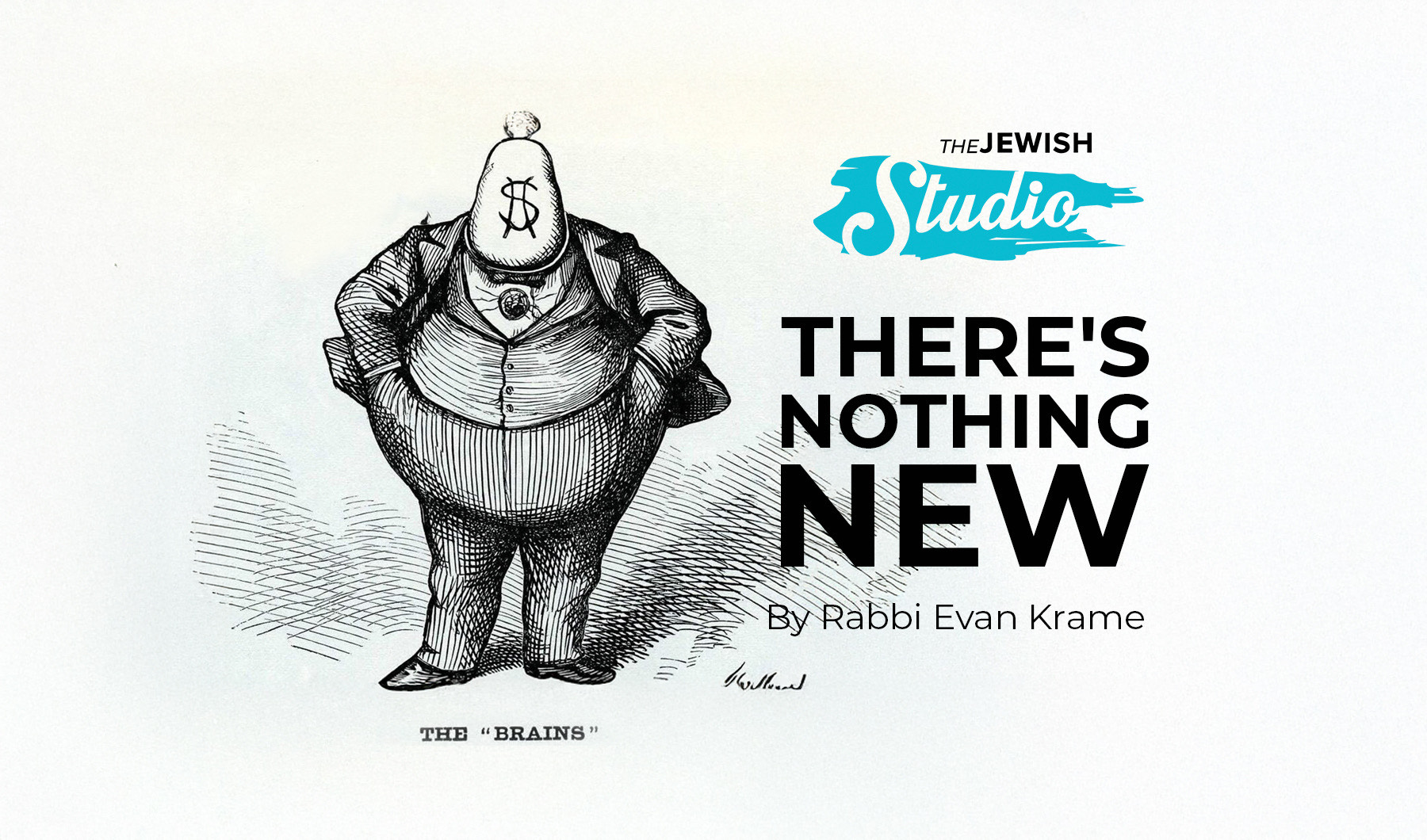Our hearts mourn the passing of Ruth Bader Ginsburg, may her memory be blessed.” She was a woman of great courage, deep knowledge and profound thought. Ruth Bader Ginsburg represented the highest ideals of the Jewish people. She believed that a person’s dignity was paramount. She advocated for women and minorities, those who were disadvantaged within this American democratic system. She succeeded in spearheading significant changes in American jurisprudence from civil rights to environmental protection.
In Judaism, among the greatest mitzvot is comforting the mourner. Today we are all mourning. How shall we comfort each other? How are we to mourn?
In a sense we feel punished. As the prophet Amos wrote, due to our behavior, he said God will change our holidays into mourning. Here we are on Rosh Hashanah, the birthday of the world mourning the death of one of the greatest women in American history.
This passage from Amos is also understood to teach that just as biblical holidays are seven days long, similarly the mourning period is seven days long. And so, the next seven days will be a day of mourning for the Jewish people and Americans of good conscience.
During the time of the Talmud, people would show signs of mourning over the passing of others aside from immediate relatives, like members of the leadership of the Jewish people – the Nasi, the Chacham and the Av Bet Din. When any of these leaders passed away, chalitzat katef was required.
Chalitzat katef is actually a symbolic tearing of the clothes, an indication that the person has removed his clothing due to aveilut (mourning).
The Gemara at Moed Katan tells of Yosef ha-Kohen whose wife passed away, leaving him to raise small children. Immediately following the burial – while still in the cemetery – he turned to his late wife’s sister and asked her to care for the orphans. Nevertheless, the Gemara records that he did not consummate the marriage until a significant period of time had passed. The Sages tell this story to show that it is inappropriate to forget one’s wife so quickly. How much more so it will be inappropriate to forget Ruth Bader Ginsburg.
Even for those who disagreed with Ginsburg’s political leanings, Jewish texts demonstrate that she deserves the honor, the kavod of our collective mourning and not to take another wife too quickly.
We recall that King David was in conflict with King Saul. II Shmuel (1:11-12) describes King David‘s reaction to the news that King Saul and his son Yehonatan had been killed and that the army of the Jewish people had been defeated. From the fact that David and his men tore their clothes, mourned and fasted, the Sages deduce that one is obligated in keriyah (tearing one’s clothes) over the Nasi (King Saul), the Av Bet Din (Yehonatan), and news of tragedy (the Jewish people who lost the war). Even for those with whom we have struggled, the Jewish way is to honor our leaders when they fall.
Do not mourn in silence. Do not mourn in seclusion. Do not mourn in vain. Whatever you are feeling channel that into ways of honoring her legacy. If one woman could have such a great impact, think what all of us can do together. Write, Call, March, Vote, Give.
Ruth Bader Ginsburg’s legacy cannot go gentle into that good night. Keep her legacy alive. Turn your mourning into advocacy and your grief into triumph.





